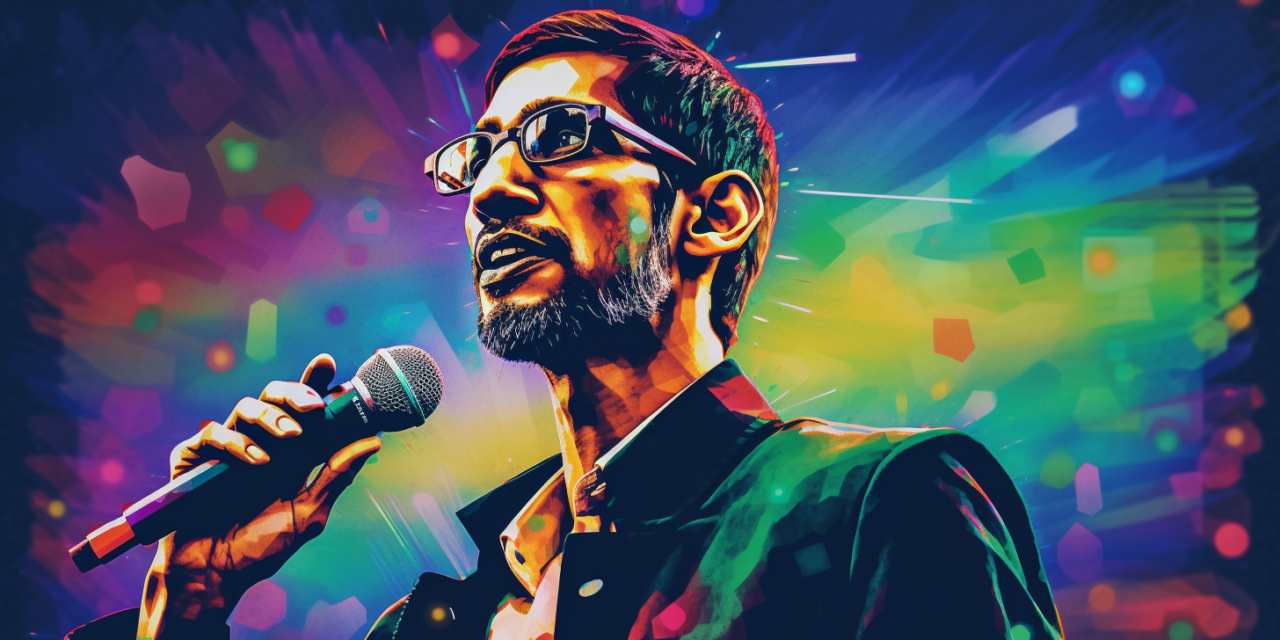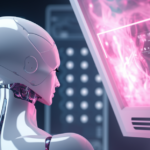Google’s annual developer conference, Google I/O 2023, unveiled a wide array of announcements with a primary focus on artificial intelligence (AI). Sundar Pichai, Google’s CEO, asserted the company’s new position as an “AI-first” entity, and several product updates and launches showcased this commitment. Key among them were the introduction of new Pixel devices, significant AI-powered updates to Google Search, Google Maps, Gmail, and Google Photos, and the expansion of Google’s AI chatbot, Bard, to all users.
Major Announcements
Google’s Pixel Lineup Expansion
Google launched three new devices: the Pixel Fold, the Pixel Tablet, and the Pixel 7A. The Pixel Fold, priced at $1,799, is Google’s inaugural foray into the foldable phone market. The Pixel Tablet is a versatile device that can serve as both a traditional tablet and a smart display. The Pixel 7A is a budget-friendly phone option, with all three devices featuring Google’s Tensor G2 chip.
Google Search AI-Powered Updates
Google Search received a significant update, introducing AI snapshots powered by Google’s large language model, PaLM 2. This new feature, called Search Generative Experience (SGE), provides AI-powered answers at the top of search results for specific queries. Google also rolled out a new Perspectives feature that sources answers from platforms such as Reddit, Stack Overflow, and personal blogs.
AI Chatbot Bard
Google’s AI chatbot Bard, now powered by PaLM 2, is available to all users. New features for Bard include support for Japanese and Korean languages, improved text generation, and planned integrations with third-party services like OpenTable and Instacart.
AI-Powered Enhancements for Android and Google Workspace
Android’s Messages app will soon feature an AI-powered option, Magic Compose, to suggest replies to texts. The company is also introducing an AI-generated wallpaper feature and a Pixel-exclusive “cinematic wallpaper.” Google Workspace will soon see a suite of AI tools, named Duet AI, that will assist in tasks such as composing emails or generating images from text.
Updates to Google Maps, Gmail, and Google Photos
Google Maps is set to introduce Immersive View for Routes, a feature that provides a digital model of a user’s exact route. Gmail will extend its Smart Reply and Smart Compose features with a new AI-powered Help Me Write tool to generate entire emails. Google Photos will add Magic Editor, an AI-powered tool that allows for substantial photo edits like moving objects or enhancing the sky.
New Wear OS and Google Home App
With the introduction of Wear OS 4, users can look forward to more efficient and feature-rich smartwatch experiences. Improved battery life could significantly enhance usability, while smart home integrations and accessibility features could make Wear OS devices more versatile and inclusive. The revamped Google Home app, now accessible to all users, could simplify smart home management with its improved interface and support for more device types.
Implications for users
Google’s AI-driven updates are set to transform the user experience across various platforms. Enhanced AI capabilities in Google Search will provide users with more contextually rich and accurate results. Gmail’s AI-powered email composition could streamline communication, while immersive route views on Google Maps could revolutionize navigation. Google Photos’ Magic Editor might redefine photo editing, enabling users to perform sophisticated alterations effortlessly.
Bard’s expansion of language support and integration with third-party services could make it a more versatile tool for users worldwide. The AI enhancements in Android and Google Workspace could simplify tasks and promote productivity. However, these benefits hinge on how well users adapt to AI-driven interfaces and whether privacy and security concerns are adequately addressed.
The new Pixel devices’ launch could provide more options for users, catering to different needs and budgets. However, the relatively high price of the Pixel Fold could limit its accessibility for some users.
Has Google caught up in the AI race?
Google’s I/O 2023 conference showcased a strategic shift towards becoming an “AI-first” company, with several major updates and product launches reflecting this commitment. From enhanced search capabilities to more powerful and versatile AI chatbots, and from innovative Android features to an expanded Pixel lineup, these new developments could profoundly transform users’ interaction with Google’s services. However, the successful realization of this AI-first vision will depend on user acceptance of these new features, continued innovation, and the effective management of privacy and security concerns. With these advances, Google reaffirms its commitment to leveraging AI in providing more intuitive, versatile, and contextually rich experiences for its users.










![Fei-Fei Li and a technical future - NewsBites.AI [Fei-Fei-li picture] looking optimistically into a technical future. Optimistic. Hopeful. Happy. Productive. --ar 16:9. Image courtesy of Midjourney, used with permission. All rights reserved.](https://newsbites.ai/wp-content/uploads/2023/05/Fei-Fei-Li-futuristic-1-150x150.png)
